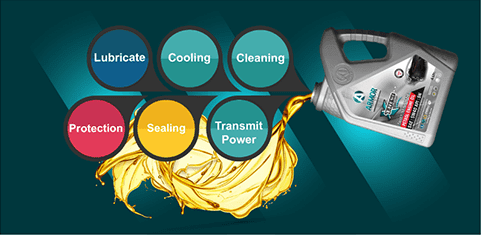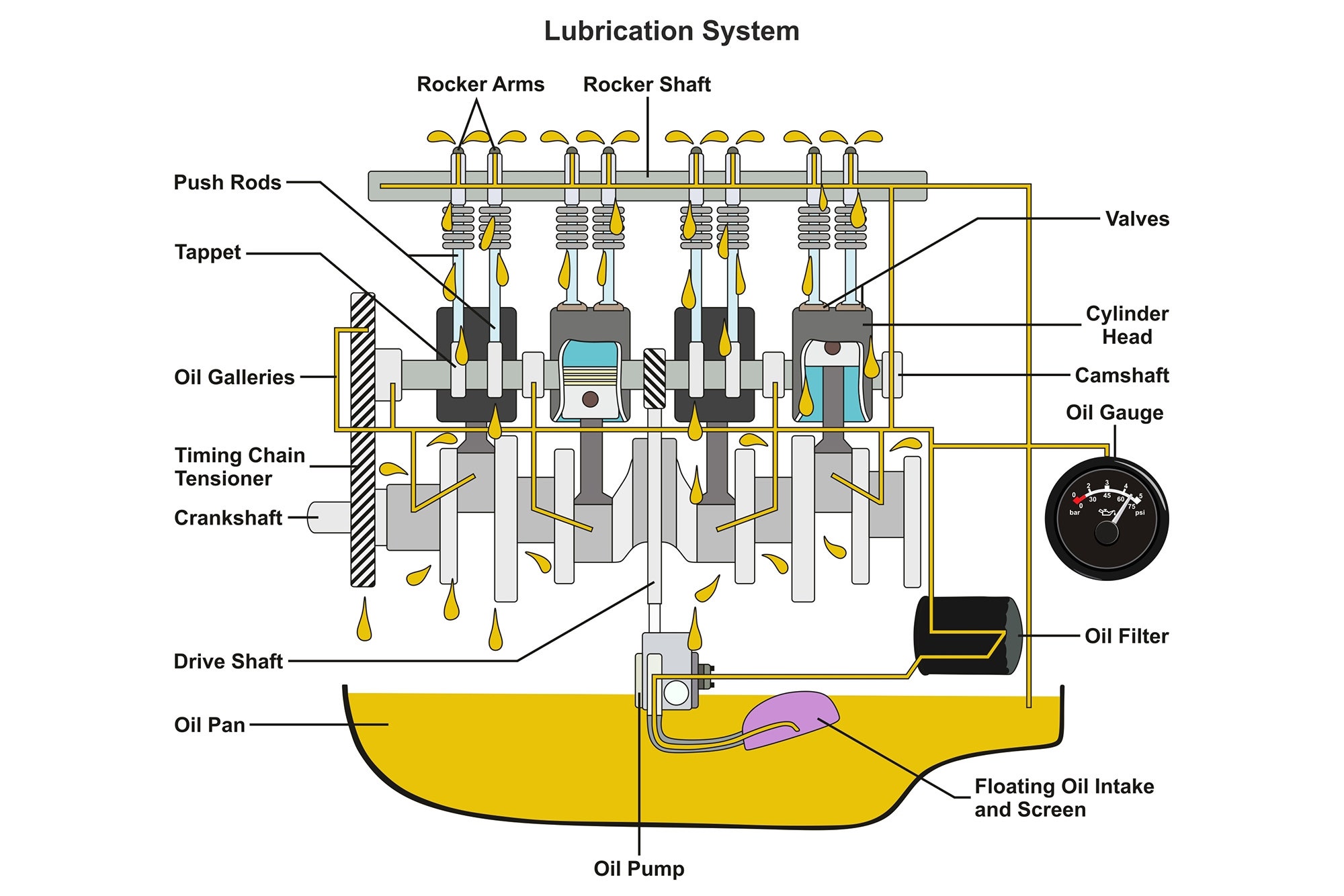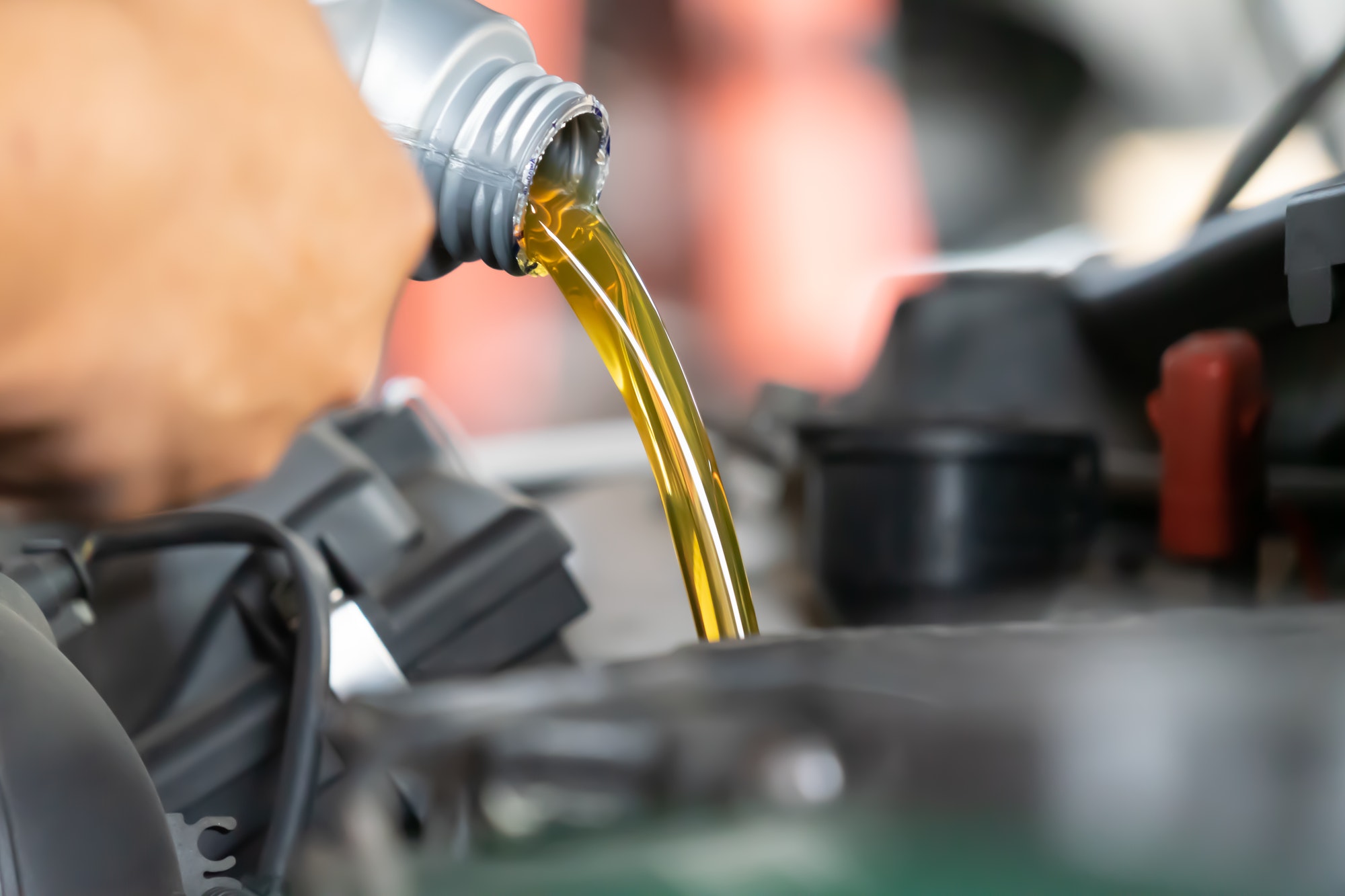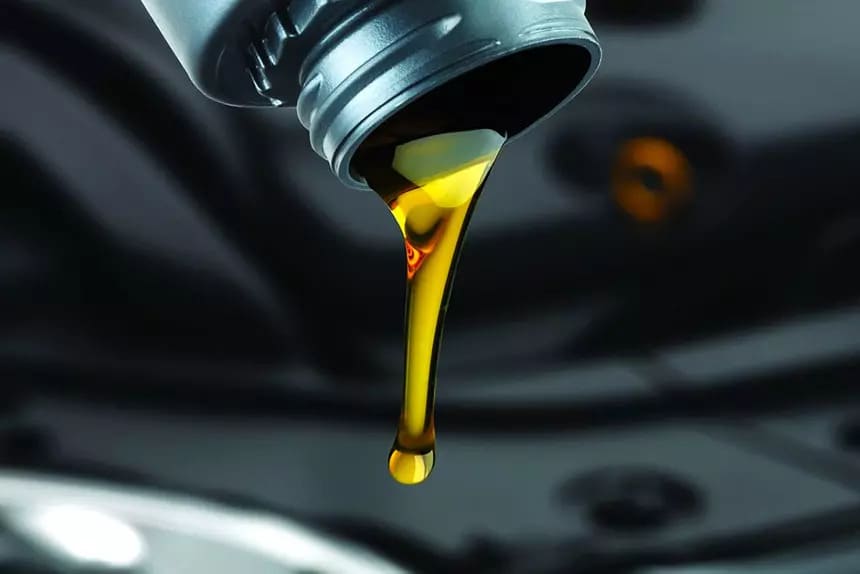The Vital Role of Lubrication: Understanding Engine Oil in the 2025 Toyota 4Runner
Related Articles: The Vital Role of Lubrication: Understanding Engine Oil in the 2025 Toyota 4Runner
Introduction
With great pleasure, we will explore the intriguing topic related to The Vital Role of Lubrication: Understanding Engine Oil in the 2025 Toyota 4Runner. Let’s weave interesting information and offer fresh perspectives to the readers.
Table of Content
The Vital Role of Lubrication: Understanding Engine Oil in the 2025 Toyota 4Runner

The Toyota 4Runner, a rugged and reliable SUV, is renowned for its durability and off-road prowess. However, like any complex machine, the 4Runner’s engine requires meticulous care to maintain its peak performance and longevity. Engine oil, a seemingly simple fluid, plays a vital role in ensuring the smooth operation and extended lifespan of this powerful vehicle.
Understanding the Importance of Engine Oil
Engine oil acts as the lifeblood of the 4Runner’s engine, performing a multitude of critical functions:
- Lubrication: Oil reduces friction between moving parts, minimizing wear and tear. This minimizes heat generation, preventing premature engine failure.
- Cooling: Engine oil absorbs heat generated during combustion, preventing overheating and potential damage.
- Cleaning: Oil suspends and carries away contaminants, such as dirt, metal shavings, and combustion byproducts, keeping the engine clean and efficient.
- Sealing: Oil creates a protective film on metal surfaces, preventing leaks and ensuring proper sealing of engine components.
- Shock Absorption: Oil acts as a cushion, absorbing shocks and vibrations that can damage engine parts.
The 2025 4Runner: Advanced Engine Technology and Oil Requirements
The 2025 4Runner is likely to feature advanced engine technology, potentially including direct injection, turbocharging, or hybrid systems. These advancements, while enhancing performance and fuel efficiency, may also necessitate specific oil requirements.
Factors to Consider When Choosing Engine Oil for the 2025 4Runner:
- Viscosity: Measured in SAE (Society of Automotive Engineers) grades, viscosity refers to the oil’s thickness. Higher viscosity oils are thicker and better suited for extreme temperatures or high-performance engines.
- API (American Petroleum Institute) Certification: The API designates oil quality and performance levels. The 2025 4Runner will likely require a specific API certification, such as SN or SP, for optimal engine protection.
- Synthetic vs. Conventional Oil: Synthetic oils are engineered for superior performance and longevity, offering better protection at extreme temperatures and longer drain intervals. Conventional oils are less expensive but may require more frequent changes.
- Engine Type: The specific engine in the 2025 4Runner will determine the appropriate oil type and viscosity. Consult the owner’s manual for recommended specifications.
Recommended Oil Change Intervals
While the exact oil change interval for the 2025 4Runner will be specified in the owner’s manual, a general guideline is to change the oil every 5,000 to 7,500 miles for conventional oil and every 7,500 to 10,000 miles for synthetic oil. However, factors such as driving conditions, climate, and engine usage can influence the optimal change interval.
FAQs
Q: What type of oil should I use in my 2025 4Runner?
A: Consult the owner’s manual for the specific oil type and viscosity recommended by Toyota.
Q: Can I use a different oil than what is recommended?
A: Using an oil that does not meet the manufacturer’s specifications can lead to engine damage and void the warranty.
Q: How often should I change the oil?
A: Refer to the owner’s manual for the recommended oil change interval. However, it is generally advisable to change the oil every 5,000 to 7,500 miles for conventional oil and every 7,500 to 10,000 miles for synthetic oil.
Q: What are the signs of low oil or bad oil?
A: Signs of low oil or bad oil include:
- Engine noise
- Reduced engine performance
- Check engine light illumination
- Oil leaks
Q: What happens if I don’t change the oil regularly?
A: Neglecting oil changes can lead to:
- Increased engine wear and tear
- Engine overheating
- Premature engine failure
Tips for Maintaining Engine Oil
- Check the oil level regularly: Use the dipstick to ensure the oil level is within the appropriate range.
- Use the correct oil type and viscosity: Refer to the owner’s manual for the recommended specifications.
- Change the oil filter at each oil change: A dirty oil filter can restrict oil flow and reduce engine efficiency.
- Avoid extreme driving conditions: Prolonged high-speed driving or towing can accelerate oil degradation.
Conclusion
Engine oil is a critical component for maintaining the health and longevity of the 2025 Toyota 4Runner. By understanding the importance of oil, choosing the right type, and adhering to recommended maintenance schedules, owners can ensure their vehicle operates smoothly and reliably for years to come. Investing in proper engine oil care is an investment in the long-term performance and value of this iconic SUV.








Closure
Thus, we hope this article has provided valuable insights into The Vital Role of Lubrication: Understanding Engine Oil in the 2025 Toyota 4Runner. We appreciate your attention to our article. See you in our next article!
